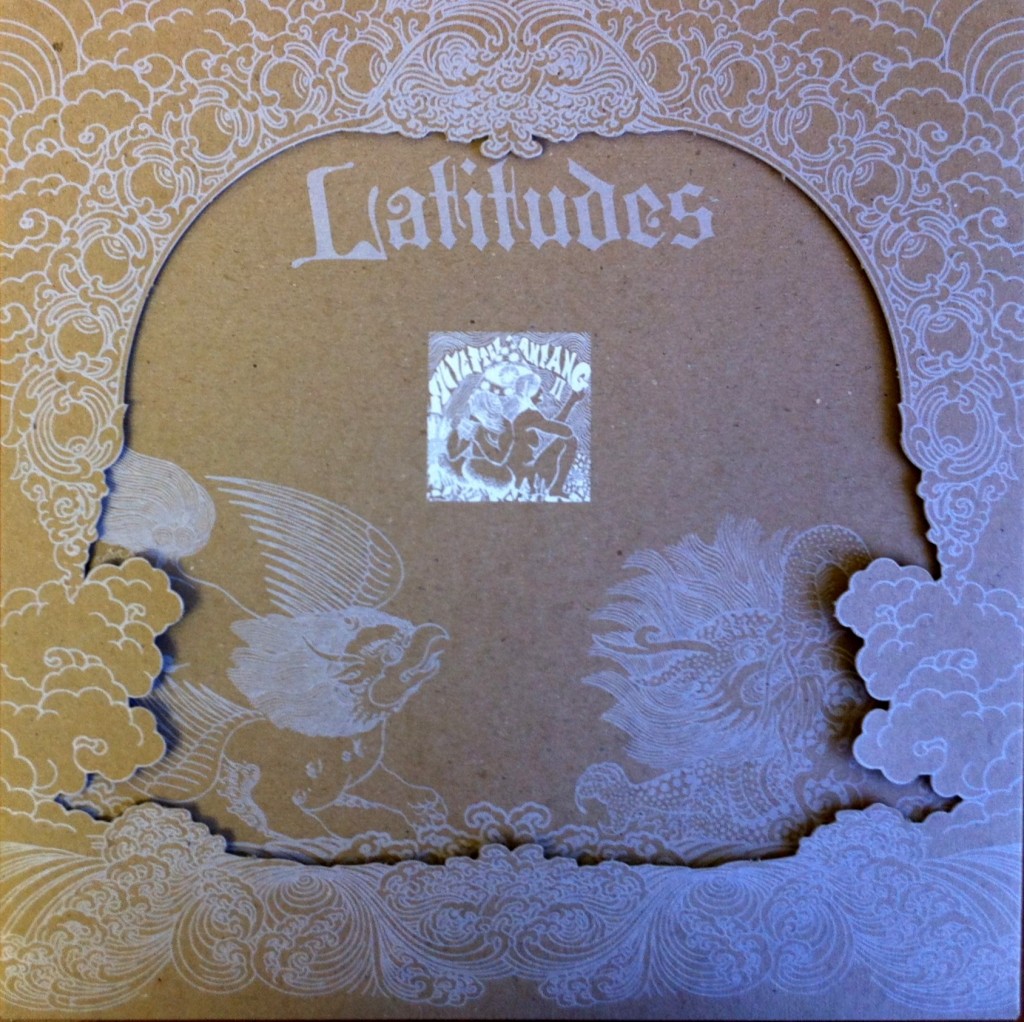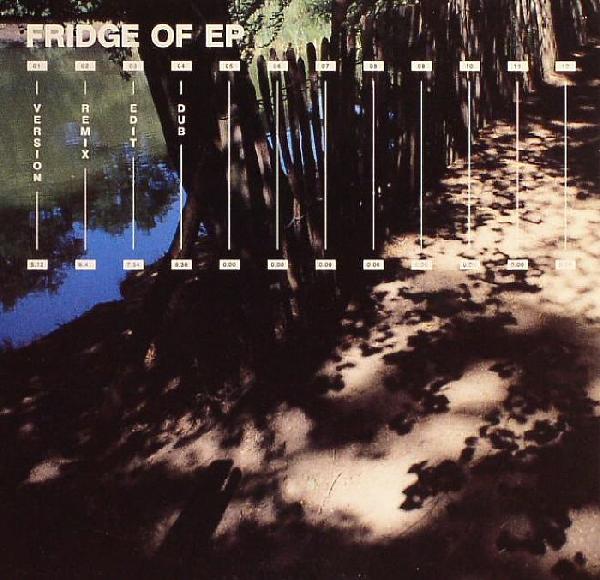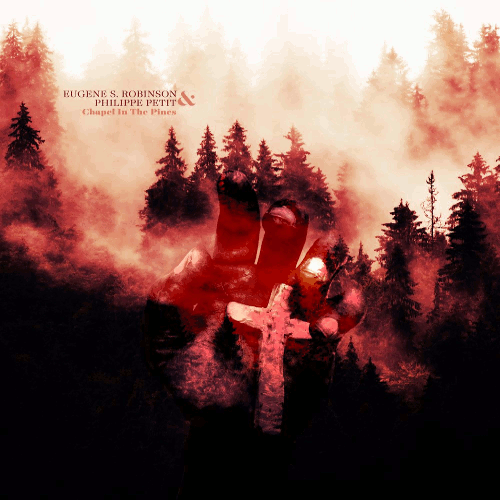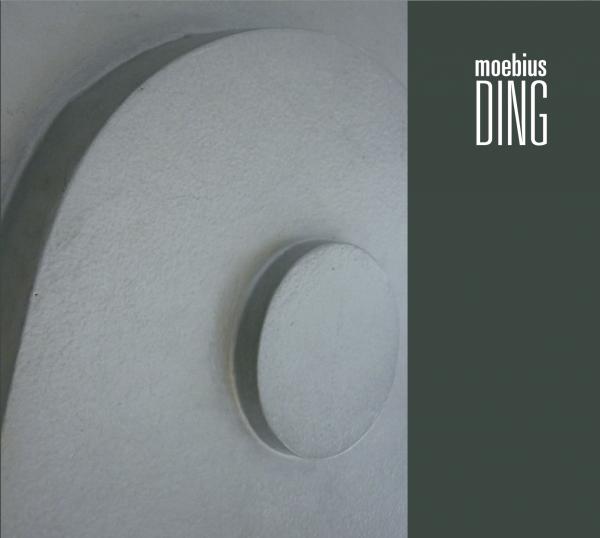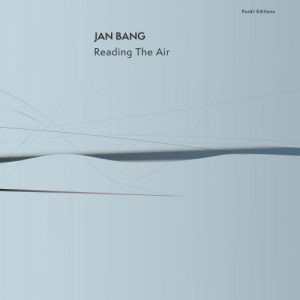 For Jan Bang‘s latest vocal album, he has gathered a fantastic array of like-minded travellers to assist in pursuing the dreamlike vision for this collection of gentle, heartfelt tales. Quite often five or six players are involved in each piece, imbuing them with a gossamer, tapestry-like quality which, when allied to his creamy voice, sends the listener into a hazy limbo.
For Jan Bang‘s latest vocal album, he has gathered a fantastic array of like-minded travellers to assist in pursuing the dreamlike vision for this collection of gentle, heartfelt tales. Quite often five or six players are involved in each piece, imbuing them with a gossamer, tapestry-like quality which, when allied to his creamy voice, sends the listener into a hazy limbo.
The number of people involved allows Jan to mix things up as the album progresses and the songs move gently with an aquatic, rhythmic quality that slows the heartbeat. Arve Henriksen‘s instrument is half breath, half tone and totally unlike any other current trumpet style and it suits the tale of regret that is the title track; Jan’s voice with his “Remain here, decay here” coda has unmistakable hints of David Sylvian, but that is pure coincidence.
The soporific nature of some of the tracks give them the sensation of a warm hug, one for which you have been waiting a lifetime, and although the tracks are often ethereal in nature, there is minute detail which, considering there are often three people on synths and treatments, is no surprise. It also helps that the lyrics are opaque yet sensitive and the various co-vocalists are very different in style; plus Jan is happy to double-track himself for further obfuscation. “Food For The Journey” is a fresh, slow piano ballad adrift in the doldrums, a harmonious wash with an emotional shimmer to Simin Tander‘s lost voice; while their version of the Harry Belafonte classic “Delia” gives a contemporary dazzle, washed in reverb and echo with a stately beat that suits the folkier purity of Benedikte Kløw Askedalen‘s vocal. Subaquatic rhythms are hard to avoid and the tidal drift keeps voices and textures just out of reach, the listener tempted and teased by the barely recognisable trumpet in “War Paint”, hovering like a shaft of light seen from below, wavering subtly in the dancing waves.The percussion and particularly the cymbals are a hazy delight on “Winter Sings”, with the line “Darker skies bring the darkest lightning” being especially effective. A resigned, melancholic air descends into an instrumental motif that is like a second chapter, whereas the muffled banjo and skysaw guitar on “The Cards” really keep the listener guessing. At the end, a piano ballad of love and loss is Brian Ferry-esque in its romantic desolation and is a perfect sign-off to this collection of forlorn yet positive vignettes.
Another well-chosen and sublimely realised selection for Punkt Editions and well recommended.-Mr Olivetti-
